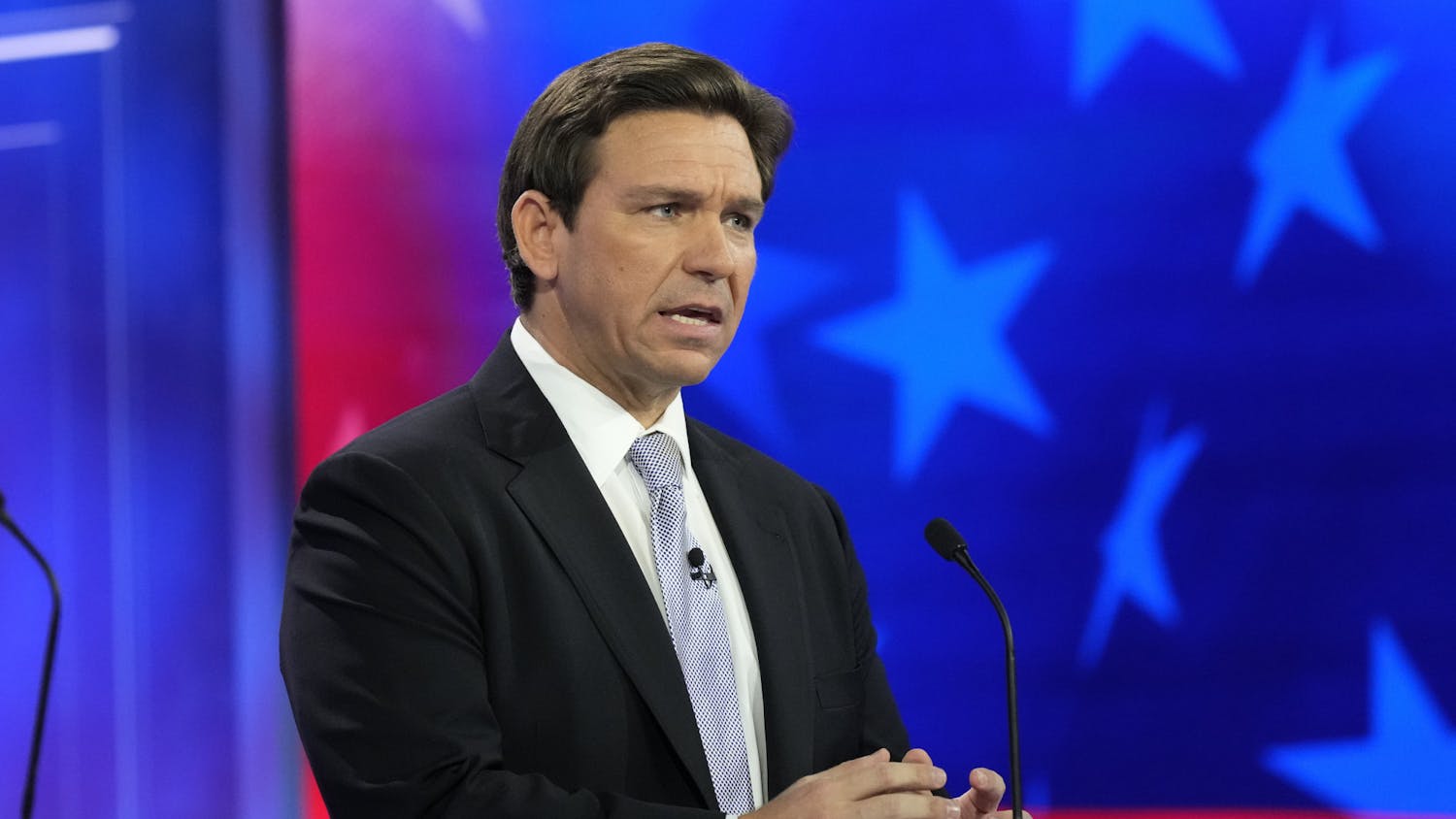When asked on “Meet the Press“ if he would consider being another candidate’s running mate, Ohio governor and presidential hopeful John Kasich answered, “No! Under no circumstances…You pundits got to get out of Washington. You don’t understand me.”
The purpose of Kasich’s rebuke was to make clear to voters he would not be so cynical as to compromise the integrity of his message for a comfortable position as a so-called Washington insider. He would rise above the pettiness and punditry of Washington politics, break the seven years of partisan gridlock only made worse by polarizing news media, and bring real change to a city and a nation beholden to special-interest groups as well as lobbying organizations.
However, asking about Kasich’s potential to run as vice president is appropriate; the governor has no obvious path to the Republican Party nomination, except through the ambiguous mechanisms of a brokered convention. In the immediate future, Kasich’s most likely career in Washington would be under the administration of another GOP candidate.
In some form or another, the notion of tackling the seemingly corrupt politics of our nation’s capital is the only bipartisan and universal message of the 2016 presidential election. Each candidate markets himself or herself as the man or woman who can properly wade through the intrinsically sinister apparatus that just happens to be the 200-year-old American democratic system.
In American politics, this isn’t a new strategy. Rarely does a presidential candidate overtly promise to maintain the status quo in order to get elected. I think the last time was during the 1916 election of Woodrow Wilson. Americans adore revolutions — and at least like change — and won’t vote for a candidate who promises anything less.
But what is perhaps most unusual about the current election cycle is the level of animosity between the candidates, the news media and the public. Tension between political parties has long been brewing — the inanity of the Clinton impeachment scandal may well have been the first warning sign of an increasingly dramatic political polarization. The only possible conclusion to 24/7 cable news had to be at least a few hours of unscripted, unthoughtful semblances of dialogue. And what happens when these two trends converge? The front-runner of a major U.S. political party defends the size of his penis during a nationally televised debate.
Nevertheless, this election cycle is unusual. Understandable given the trajectory of discourse, but unusual nonetheless. What has emerged is an escalating three-way ground war of mistrust among all members of the political process: the leaders, the media and the voters. More politicians and members of the press must vilify one another in order to gain credibility with the public. The public is more frequently led by the press to believe politicians are untrustworthy; the public listens. The public is more frequently told by politicians that the press is untrustworthy; the public listens.
This paradox isn’t much of a problem in and of itself. Politicians can be replaced; certain members of the press do not need to be heeded. But what happens when politics and journalism itself are at fault? When the process of compromise to achieve common goals or the investigation of truth through carefully measured skepticism is in question on, frankly, both sides of the aisle? When discourse like what Americans have been seeing continues to ramify, what other conclusions are the public to draw?
But my readers, to cite a particularly memorable quote from a presidential debate from Mr. Donald Trump, “I assure you, there’s no problem.” The American system of government isn’t about to tear itself apart, but it certainly seems ever more comfortable with self-cannibalism.
Neel Bapatla is a UF English sophomore. His column appears on Fridays.




